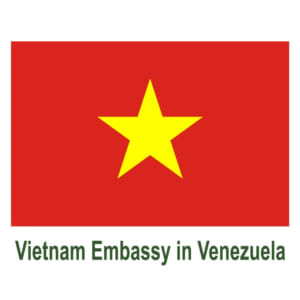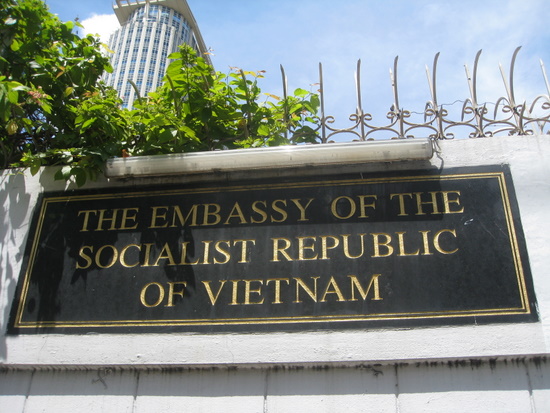
Understanding Vietnam Visa A Comprehensive Guide
Vietnam, a captivating Southeast Asian destination, has gained immense popularity among travelers worldwide. Whether you’re planning a business trip, a leisurely vacation, or a student exchange, navigating the Vietnam visa process is crucial. This comprehensive guide aims to provide you with a thorough understanding of the various visa options, requirements, and essential information to ensure a seamless entry into this vibrant country.
Table of Contents
Vietnam Visa
Navigating the Vietnam visa landscape can be a daunting task, but with the right information, you can ensure a smooth and hassle-free experience. Let’s delve into the different types of visas available for traveling to Vietnam.
E-Visa (Electronic Visa)
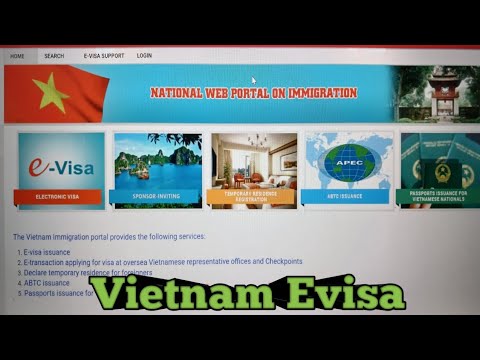
The E-Visa is an electronic visa that can be applied for and obtained online prior to your arrival in Vietnam. This convenient option allows travelers to complete the entire visa application process from the comfort of their own homes. The E-Visa is valid for a maximum stay of 30 days and can be used for both single and multiple entries, depending on the type of visa you obtain.
To apply for an E-Visa, you’ll need to provide personal information, a valid passport, and a recent passport-sized photograph. The application process is straightforward, and once approved, you’ll receive your E-Visa electronically, which you can then use to enter Vietnam.
Visa on Arrival (VOA)
The Visa on Arrival option allows travelers to obtain their visa upon arrival at specific international airports in Vietnam. This is a popular choice for those who prefer to handle the visa process at the point of entry. To apply for a VOA, you’ll need to have a pre-approved visa letter, which you can obtain through a visa agency or by applying directly with the Vietnamese government.
Upon arrival, you’ll need to complete the visa application form, provide a passport-sized photograph, and pay the visa fee. The Visa on Arrival is available for stays of up to 30 days and can be used for both single and multiple entries.
Work Permit
For those planning to work in Vietnam, a Work Permit is a necessity. This type of visa is issued to foreign nationals who have been offered employment in the country. The application process involves providing a valid passport, employment contract, and supporting documents, such as educational qualifications and a medical certificate.
The Work Permit is typically valid for the duration of your employment contract, and it’s important to note that you’ll also need to obtain a Temporary Residence Card (TRC) to legally reside in Vietnam.
Business Visa
If you’re traveling to Vietnam for business purposes, such as attending meetings, conferences, or conducting market research, a Business Visa is the appropriate option. This visa allows you to engage in business-related activities during your stay.
To apply for a Business Visa, you’ll need to provide a valid passport, a completed visa application form, a recent passport-sized photograph, and a letter of invitation from your Vietnamese business partner or host.
Tourist Visa
The Tourist Visa is the most common type of visa for those visiting Vietnam for leisure purposes. This visa allows you to explore the country’s stunning landscapes, rich culture, and vibrant cities.
To apply for a Tourist Visa, you’ll need to provide a valid passport, a completed visa application form, a recent passport-sized photograph, and proof of onward travel, such as a return ticket or an itinerary.
Student Visa
If you’re planning to study in Vietnam, whether it’s a short-term language course or a longer-term academic program, you’ll need to obtain a Student Visa. This visa requires you to submit documents such as a valid passport, a completed visa application form, a recent passport-sized photograph, and a letter of acceptance from the educational institution you’ll be attending in Vietnam.
Transit Visa
The Transit Visa is for travelers who need to pass through Vietnam on their way to another destination. This visa is typically valid for a stay of up to 30 days and can be obtained online or upon arrival at certain international airports.
To apply for a Transit Visa, you’ll need to provide a valid passport, a completed visa application form, a recent passport-sized photograph, and proof of onward travel.
Emergency Visa
In exceptional circumstances, such as medical emergencies or urgent business matters, travelers may be eligible for an Emergency Visa. This type of visa can be obtained through the Vietnamese Embassy or Consulate in your home country or the country you’re currently residing in.
To apply for an Emergency Visa, you’ll need to provide a valid passport, a completed visa application form, a recent passport-sized photograph, and supporting documents that justify the urgency of your travel.
Visa Requirements
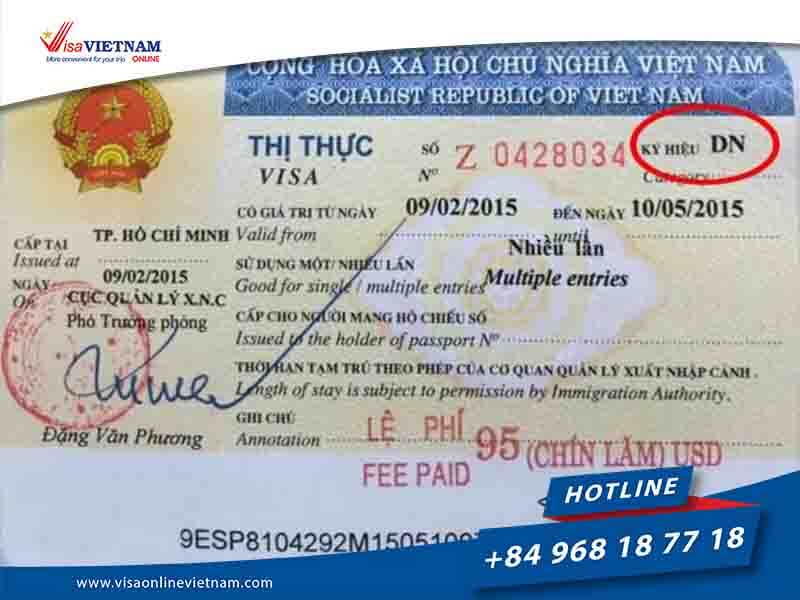
Regardless of the type of visa you’re applying for, there are several common requirements that you’ll need to meet. Let’s explore these key requirements in detail.
Passport
A valid passport is a fundamental requirement for obtaining a Vietnam visa. Your passport must be valid for at least 6 months from your intended date of arrival in Vietnam.
Visa Application Form
You’ll need to complete a visa application form, which can be obtained from the Vietnamese Embassy or Consulate in your home country, or through online visa agencies. Ensure that you fill out the form accurately and provide all the required information.
Passport-sized Photographs
Most visa applications will require you to submit one or more recent passport-sized photographs. These photographs should be taken against a white or light-colored background, with a full-face, frontal view.
Proof of Onward Travel
Depending on the type of visa you’re applying for, you may need to provide proof of onward travel, such as a return ticket or an itinerary for your travel plans.
Financial Resources
Some visa types may require you to demonstrate that you have sufficient financial resources to cover your stay in Vietnam. This could involve providing bank statements, pay stubs, or other financial documents.
Invitation Letter (for Business Visas)
If you’re applying for a Business Visa, you may need to provide an invitation letter from your Vietnamese business partner or host.
Key Information

To ensure a smooth visa application process, it’s essential to be aware of the following key information:
Online Visa Application
Many countries offer the option to apply for a Vietnam visa online. This can be done through the official website of the Vietnamese government, as well as through authorized visa agencies.
Visa-Free Countries
Certain nationalities are exempt from the visa requirement for short-term stays in Vietnam, typically up to 30 days. It’s essential to check the list of visa-free countries to determine if you’re eligible for this privilege.
Visa Extensions
If you need to extend your stay in Vietnam, you can apply for a visa extension at the Immigration Department or through online services. It’s crucial to submit your extension request well before your current visa expires.
Overstaying
Overstaying your visa in Vietnam can result in fines, penalties, and even deportation. It’s important to be aware of the duration of your visa and to ensure that you depart Vietnam before it expires.
Other Important Points
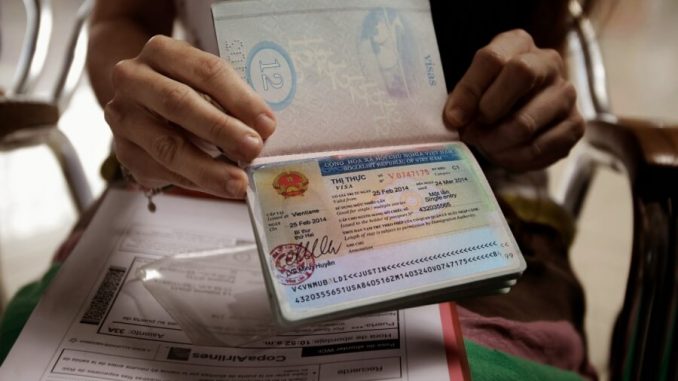
Emergency Visas
In exceptional circumstances, such as medical emergencies or urgent business matters, travelers may be eligible for an Emergency Visa. This type of visa can be obtained through the Vietnamese Embassy or Consulate in your home country or the country you’re currently residing in.
Visa on Arrival for Indians
Indian citizens can obtain a Visa on Arrival at certain international airports in Vietnam. This option allows for a more convenient and accessible visa application process.
Vietnam Embassy Locations
The Vietnamese government has embassies and consulates located in various countries around the world. You can visit the website of the Vietnamese Ministry of Foreign Affairs to find the nearest embassy or consulate to your location.
Visa Urgent Processing
If you need to obtain a Vietnam visa quickly, there are options for urgent visa processing, which come with an additional fee. This can be particularly useful for last-minute travel plans or emergency situations.
Vietnam Immigration Department
The Vietnam Immigration Department is responsible for visa processing and immigration control. It’s the primary authority for all visa-related matters in the country.
Conclusion

Navigating the Vietnam visa process can seem daunting at first, but with the right information and preparation, you can ensure a seamless entry into this captivating Southeast Asian destination. Whether you’re traveling for business, leisure, or study, this comprehensive guide has provided you with a detailed understanding of the various visa options, requirements, and key information to make your Vietnam journey a success.
Remember to always check the official websites of the Vietnamese government and embassies for the most up-to-date visa requirements and application procedures. With this knowledge in hand, you can confidently embark on your Vietnam adventure, ready to immerse yourself in the country’s rich culture, stunning landscapes, and warm hospitality.
